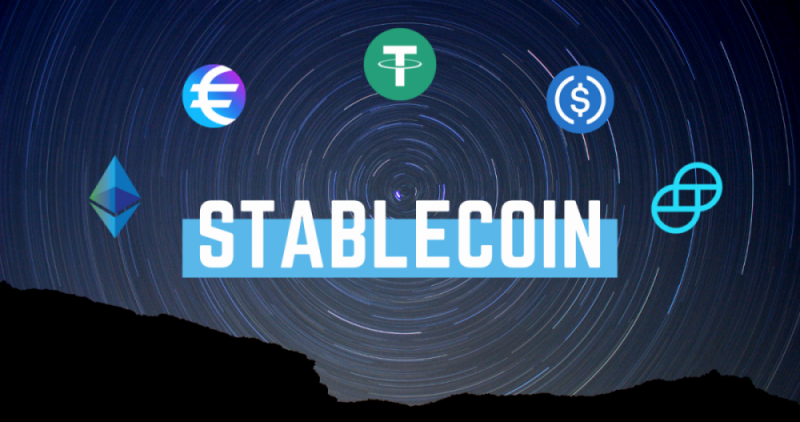Paxos-Backed USDG Builds Global Presence Through Revenue-Sharing Model
13.05.2025 13:00 2 min. read Alexander Stefanov
A new wave of companies is joining the Global Dollar Network (GDN), a stablecoin initiative anchored by Paxos and backed by firms like Robinhood, Galaxy, and Kraken.
With 19 additional members now onboard, including platforms from Turkey, Southeast Asia, and the Middle East, the alliance is quietly building a global footprint for its U.S. dollar-pegged token, USDG.
Unlike other stablecoins dominated by centralized issuers, USDG follows a revenue-sharing model. Instead of concentrating profits, GDN redistributes earnings from reserve yields to its partners—exchanges, custodians, and wallet providers—who help drive adoption. Activities like minting and payment processing are rewarded monthly using a proprietary attribution system.
Though still small compared to USDT and USDC, USDG has reached $285 million in circulation and is compliant with Singapore’s upcoming stablecoin laws. The network expects exponential growth as more jurisdictions clarify their regulatory stance. U.S. legislation remains uncertain after the failure of the GENIUS Act, but hopes for a bipartisan breakthrough remain.
While household names like Visa have yet to sign on, insiders hint that major players are circling, waiting for the right moment. GDN’s backers say its model offers a compelling alternative to both traditional stablecoins and emerging yield-bearing tokens like USDe and BUIDL.
With more than 25 companies now involved and access to over 40 million users through partners, GDN sees itself not just as a stablecoin issuer—but as a decentralized financial rails provider in the making.
-
1
Binance Founder Says Bloomberg’s USD1 Report is False, Threatens Lawsuit
13.07.2025 8:30 2 min. read -
2
Binance CEO Issues Urgent Crypto Security Reminder
09.07.2025 17:30 2 min. read -
3
Top 7 Crypto Project Updates This Week
19.07.2025 18:15 3 min. read -
4
EU Risks Falling Behind in Digital Finance, Warns Former ECB Board Member
06.07.2025 13:00 2 min. read -
5
BlackRock Moves to Add Staking to iShares Ethereum ETF Following SEC Greenlight
18.07.2025 9:00 1 min. read
Bank of Korea Launches New Division to Oversee Crypto and Stablecoin Developments
The Bank of Korea (BOK) has taken a significant step toward deepening its involvement in the digital asset ecosystem by establishing a dedicated virtual asset division, according to a report from local media outlet News1.
JPMorgan: Coinbase Could Gain $60B From USDC-Circle Ecosystem
A new report from JPMorgan is shedding light on the staggering upside potential of Coinbase’s partnership with Circle and its deep exposure to the USDC stablecoin.
5 Major US Events and How They Can Shape Crypto Market in The Next Days
The week ahead is shaping up to be one of the most pivotal for global markets in months. With five major U.S. economic events scheduled between July 30 and August 1, volatility is almost guaranteed—and the crypto market is bracing for impact.
eToro Launches 24/5 Stock Trading, Unlocking Round-the-clock Access to Top US Shares
Global fintech platform eToro has officially rolled out 24/5 trading on its 100 most popular U.S. stocks, giving users the ability to buy and sell equities at any time from Monday to Friday.
-
1
Binance Founder Says Bloomberg’s USD1 Report is False, Threatens Lawsuit
13.07.2025 8:30 2 min. read -
2
Binance CEO Issues Urgent Crypto Security Reminder
09.07.2025 17:30 2 min. read -
3
Top 7 Crypto Project Updates This Week
19.07.2025 18:15 3 min. read -
4
EU Risks Falling Behind in Digital Finance, Warns Former ECB Board Member
06.07.2025 13:00 2 min. read -
5
BlackRock Moves to Add Staking to iShares Ethereum ETF Following SEC Greenlight
18.07.2025 9:00 1 min. read


